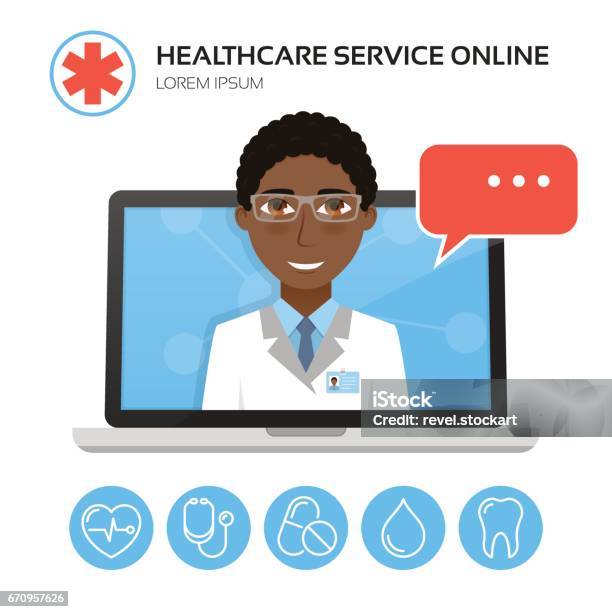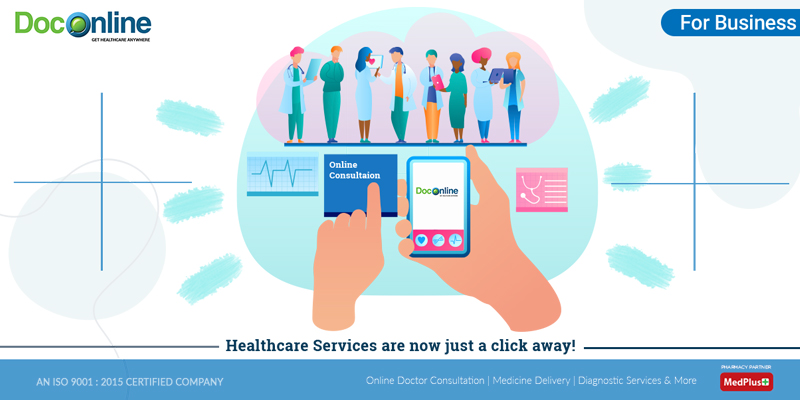The Rise of Subscription-Based Healthcare and Its Impact on Person Treatment
As medical care evolves, the subscription-based version is gaining grip, guaranteeing to reinvent client treatment by using predictability and ease of access. These models, which bypass typical insurance, can redefine the patient-doctor dynamic, emphasizing personalized and preventative treatment. As with any kind of technology, they provide obstacles, especially worrying fair accessibility for all socioeconomic groups. The capacity for these models to improve healthcare distribution elevates pressing concerns concerning their lasting sustainability and inclusivity. Are these subscription services the future of medical care, or do they risk leaving vulnerable populaces behind? The complexities of this shift warrant a closer examination.
Comprehending Registration Medical Care Models
Grasping the idea of membership healthcare models involves checking out a transformative technique to clinical solutions that highlights affordability and accessibility. These designs, typically referred to as straight key care (DPC) or concierge medication, have arised as cutting-edge alternatives to traditional fee-for-service medical care systems. Membership health care allows clients to pay a fixed monthly or annual cost for a specified set of clinical services, which may consist of endless workplace sees, routine exams, and standard laboratory tests, without the need for traditional insurance policy billing.
The framework of registration health care designs is made to simplify person care by getting rid of third-party payers and complicated invoicing codes, thus decreasing administrative concerns. Healthcare suppliers can concentrate much more on person treatment, cultivating stronger patient-provider relationships. This design also advertises preventative care by urging regular visits, as the economic barrier of per-visit charges is removed.
The subscription version often equips doctor to take care of smaller sized person panels, permitting more customized treatment. It aligns monetary incentives with individual health results, as providers are encouraged to keep person complete satisfaction and well-being. On the whole, recognizing registration health care models calls for acknowledging their prospective to improve how treatment is provided and accessed.
Benefits for People and Providers

For companies, subscription-based versions supply the opportunity to grow patient-provider partnerships. With a steady profits stream, health care experts can dedicate even more time to every individual, resulting in a much more individualized and extensive treatment experience. This model likewise decreases reliance on high person volumes, alleviating burnout and improving job satisfaction. The emphasis on preventative treatment within registration strategies can lead to much better patient outcomes and minimized lasting health care prices. By concentrating on continual care, providers can resolve issues before they intensify, inevitably benefiting the medical care system all at once by decreasing the worry on emergency and intense care services.
Issues and challenges
While subscription-based medical care models existing various benefits, they also come with a set of challenges and issues that need to be dealt with. This elevates ethical inquiries concerning equitable accessibility to health care services.
Financial sustainability of subscription-based versions is an additional concern. Providers have to stabilize the set revenue from memberships with the variable expenses of medical care services, which might fluctuate as a result of unforeseen clinical requirements. This can create stress to limit solutions or boost fees, possibly get redirected here impacting individual contentment and care top quality.
Moreover, regulative oversight of subscription-based health care designs is still progressing. Resolving these challenges is essential for the successful and fair application of subscription-based health care.
Influence On Patient-Doctor Relationships
One considerable effect of subscription-based healthcare versions on patient-doctor connections is the potential for boosted continuity and personalized treatment. By adopting a subscription model, medical professionals can take care of a smaller sized patient panel, enabling more committed time with each person. This increased availability promotes a deeper understanding of a person's medical background, way of life, and choices, enabling more tailored treatment strategies and treatments.

Nevertheless, it is essential to recognize that while subscription-based versions might benefit those who can manage them, they advice might accidentally widen healthcare variations. Patients that are unable to participate in these designs may experience decreased access to personalized care, possibly impacting their relationships with medical care companies. Hence, while the registration model provides encouraging advantages for patient-doctor partnerships, it additionally presents challenges that need to be addressed to guarantee fair health care gain access to.
Future of Health Care Access

The role of innovation can not be forgotten in this transformation. Telemedicine platforms and electronic health records facilitate click here to read smooth communication between individuals and health care carriers, damaging down geographical and logistical barriers. In addition, innovations in expert system and data analytics can better personalize healthcare by predicting patient needs and maximizing treatment strategies.
Nonetheless, the future of health care access likewise provides challenges, such as making certain equity across various socio-economic teams. Policymakers and medical care providers need to work together to link the electronic divide, making certain that subscription-based designs stay budget-friendly and comprehensive. As these systems grow, they hold the pledge of making medical care extra easily accessible, reliable, and patient-centric.
Final Thought
Subscription-based medical care versions are reshaping individual care by providing a secure price framework and enhancing availability. The rise of subscription-based healthcare motivates positive individual involvement, which has the prospective to enhance client results and fulfillment, indicating a transformative shift in health care delivery.
As healthcare evolves, the subscription-based design is acquiring traction, assuring to reinvent person treatment by providing predictability and availability.Subscription-based medical care designs supply distinct benefits for both clients and providers, improving the general medical care experience.As medical care systems evolve, the future of health care accessibility often pivots on the integration of innovative versions and modern technologies.Subscription-based health care designs are improving patient care by offering a secure price structure and enhancing availability. The surge of subscription-based medical care encourages aggressive person interaction, which has the possible to enhance client results and contentment, signifying a transformative shift in healthcare delivery.